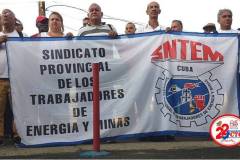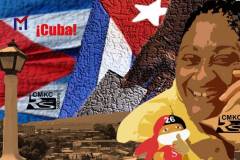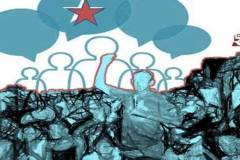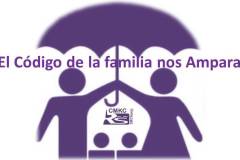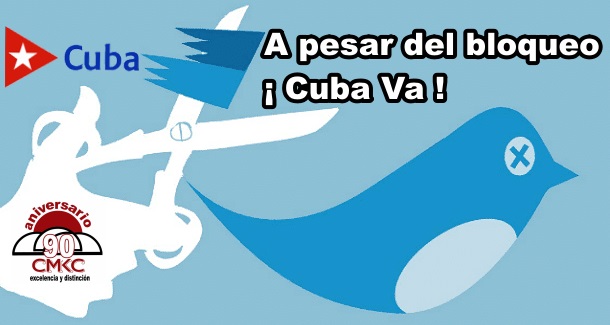
More than 428 million dollars in losses caused, only between April 2019 and March 2020, the economic, financial and commercial blockade of the United States against Cuba in the production of food to satisfy the demands of the population.
A detailed report on this subject is included in the Cuban report pursuant to UN General Assembly Resolution 74/7, entitled «Necessity of ending the economic, commercial and financial blockade imposed by the United States of America against Cuba».
It specifies that this period is marked by a strong setback in bilateral Cuba-United States relations and a progressive tightening of their general harassment of the country.
The report also explains that many of these affectations would have been avoided if Cuban companies were able to access the US market, which would be very beneficial because of its prices and proximity, especially since such US industries are capable of supplying Cuban entities with raw materials, equipment and materials needed to modernize their production lines.
A clear example was how the Cuban company Bravo was affected by the impossibility of acquiring 2,700 tons of meat in the US market, for a price of 2,213 dollars per ton.
This company was forced to use other suppliers with higher prices and spent at least 1,296,000 dollars more.
In addition, the food importer, ALIMPORT, suffered significant damages due to the high prices of frozen chicken in geographically distant markets, compared to the United States, which was impossible for it to access in the period analyzed.
The prices of this product in the markets to which the Cuban entity had access, precisely, range from 350 to 600 dollars above the price of the metric ton in the United States.
Between November and December 2019, 12,399 hectares of rice could not be planted due to the unavailability of fuel.
Because of this, 30,130 tons of rice for consumption and more than 195,000 tons of food were not produced, and more than two million liters of milk and 481 tons of meat were not collected, which had a negative influence on the food of the Cuban population.
During this period, which covers less than a year, 90 coercive economic actions and measures were imposed by the US government against Cuba, with the intention of meddling in internal affairs of the Caribbean island.

